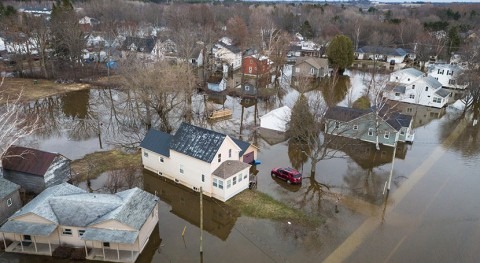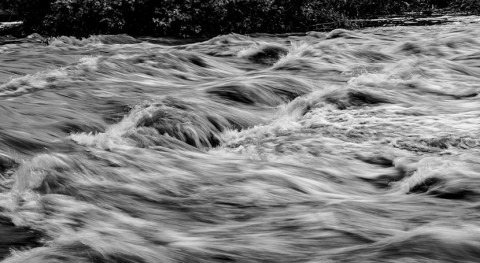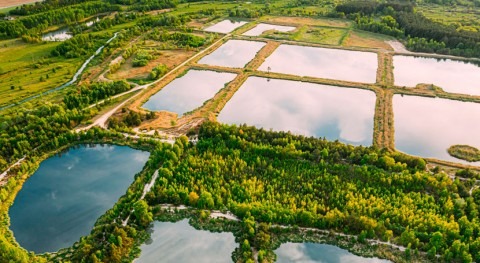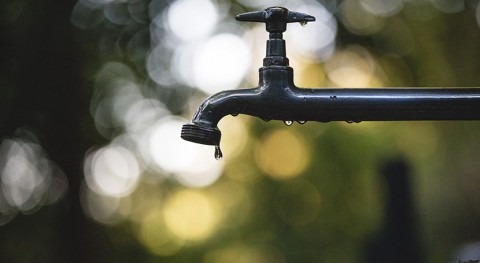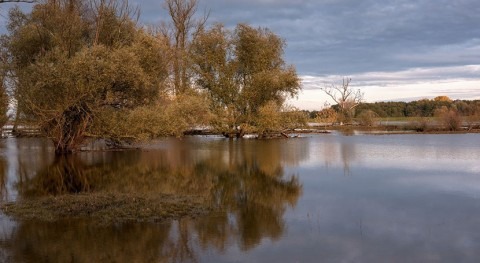Targeted wetland restoration in heavily farmed areas would dramatically reduce the amount of nitrogen polluting rivers, lakes and coastal areas, a new study finds.
Researchers at the University of Waterloo and the University of Illinois Chicago (UIC) examined detailed data on wetland locations and nitrogen loads from fertilizer on farm fields throughout the United States.
In results published in the journal Nature, computer modeling showed that prioritizing wetland restoration close to heavily farmed areas would remove up to 40 times more nitrogen than the current ad hoc approach.
“You get much more bang for your buck if wetland preservation and restoration are targeted,” said Nandita Basu, a professor of civil and environmental engineering, and earth and environmental sciences at Waterloo, and corresponding author of the paper. “From a policy perspective, it is dramatically more effective and efficient.”
Nitrogen enters rivers in runoff from agricultural lands and is carried on to lakes and oceans, where it feeds algae growth, reduces oxygen levels, limits biodiversity and causes significant economic harm. Wetlands play an important role in its removal.
“Wetlands have a purifying effect,” said Kimberly Van Meter, a professor of earth and environmental sciences at UIC, and co-lead author of the paper. “They remove nitrate from the water, allowing for harmless nitrogen gas to be released to the atmosphere and cleaner water to flow downstream.”
Without wetlands, they estimated the nitrogen load would increase more than 50 per cent to about 1,300 kilotons a year
The researchers calculated, for instance, that 868 kilotons of nitrogen from the Mississippi River basin are annually dumped into the Gulf of Mexico. Without wetlands, they estimated the nitrogen load would increase more than 50 per cent to about 1,300 kilotons a year.
“Wetlands are critical ecosystems, but they are often greatly undervalued and overlooked,” said Frederick Cheng, a PhD student at Waterloo and co-lead author of the study. “Without them, environmental problems such as algal blooms, fish kills and coastal hypoxia would be much worse.”
Work in the U.S. to protect existing wetlands and restore lost wetlands is now largely uncoordinated.
For the first time, researchers modeled a strategy of targeted wetland restoration based on proximity to agricultural nitrogen sources and found its adoption would have a profound impact.
In one scenario, they used the targeted approach to estimate that increasing the area of wetlands in the U.S. by 10 per cent would result in a 54-per-cent reduction in nitrogen flowing into major water bodies.
The cost of the initiative was estimated at $3.3 billion a year, an amount the researchers described as feasible given current government spending levels.
While that is twice the estimated cost of a non-targeted approach, the model showed it would remove 40 times more nitrogen.
Waterloo engineering PhD student Danyka Byrnes also contributed to the study, Maximizing U.S. nitrate removal through wetland protection and restoration.








